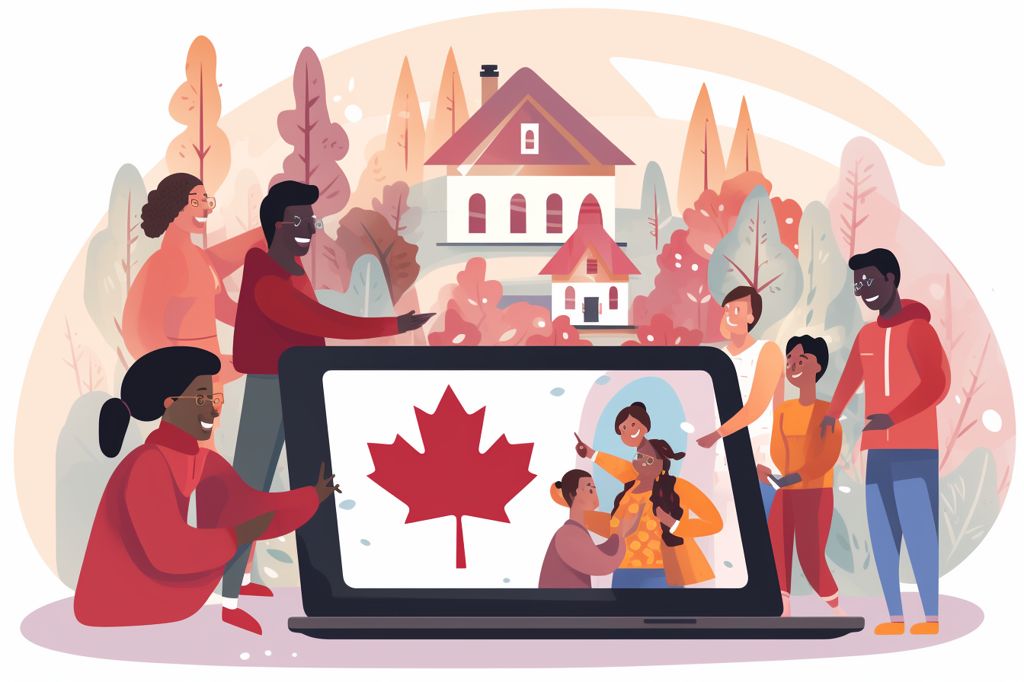Dr. Blade Nzimande, the Minister of Higher Education, Science, and Innovation in South Africa, has launched a pioneering program in Africa – the National Civic Education and Health Skills Programme. The initiative aims to equip students with the top 10 soft skills that employers seek, preparing them for a competitive job market.
The First Civic Education Program in Africa Accredited at NQF Level 5
The National Higher Health Civic and Health Skills Programme is the first civic education program in Africa to achieve recognition at the National Qualifications Framework (NQF) Level 5. The HIGHER HEALTH agency of the National Department of Education and Training has developed the program in collaboration with the Quality Council on Trades and Occupations (QCTO) and the Health and Welfare (HW) SETA.
A Comprehensive Curriculum to Address Social and Health Challenges
The co-curriculum of the program covers civic education, gender-based violence, gender diversity and equality, mental health, disability, comprehensive sexuality education, alcohol and substance abuse, addiction, resilience-building, and climate change. The comprehensive approach aims to foster nation-building and resilience to the main social and health challenges faced by youth today.
Leveraging Technology and Peer-to-Peer Approaches
HIGHER HEALTH has made all the content for the Skills qualification available on an online platform that leverages artificial intelligence and digital technology. The platform’s content can be accessed by anyone using a Participatory Pedagogy approach in all 11 official languages and sign language. The Co-Curriculum also emphasizes community service and utilizes a peer-to-peer method.
“Each One Teach Ten” Campaign
To further support the launch of the Co-Curriculum, HIGHER HEALTH has introduced the “Each One Teach Ten” campaign. The campaign aims to spread knowledge and skills among youth using 10,000 peer educators located on university, TVET, and CET College campuses.
A Groundbreaking Initiative for the Continent
The launch of the first accredited civic education and health skills program in Africa took place on July 20, 2023, at Tshwane North TVET College, Mamelodi Campus. The National Civic Education and Health Skills Programme marks an important milestone in African education, addressing a multitude of personal and social challenges faced by the youth. The accessibility and effectiveness of the program through technology and peer-to-peer approaches make it a trailblazing initiative for the continent.








